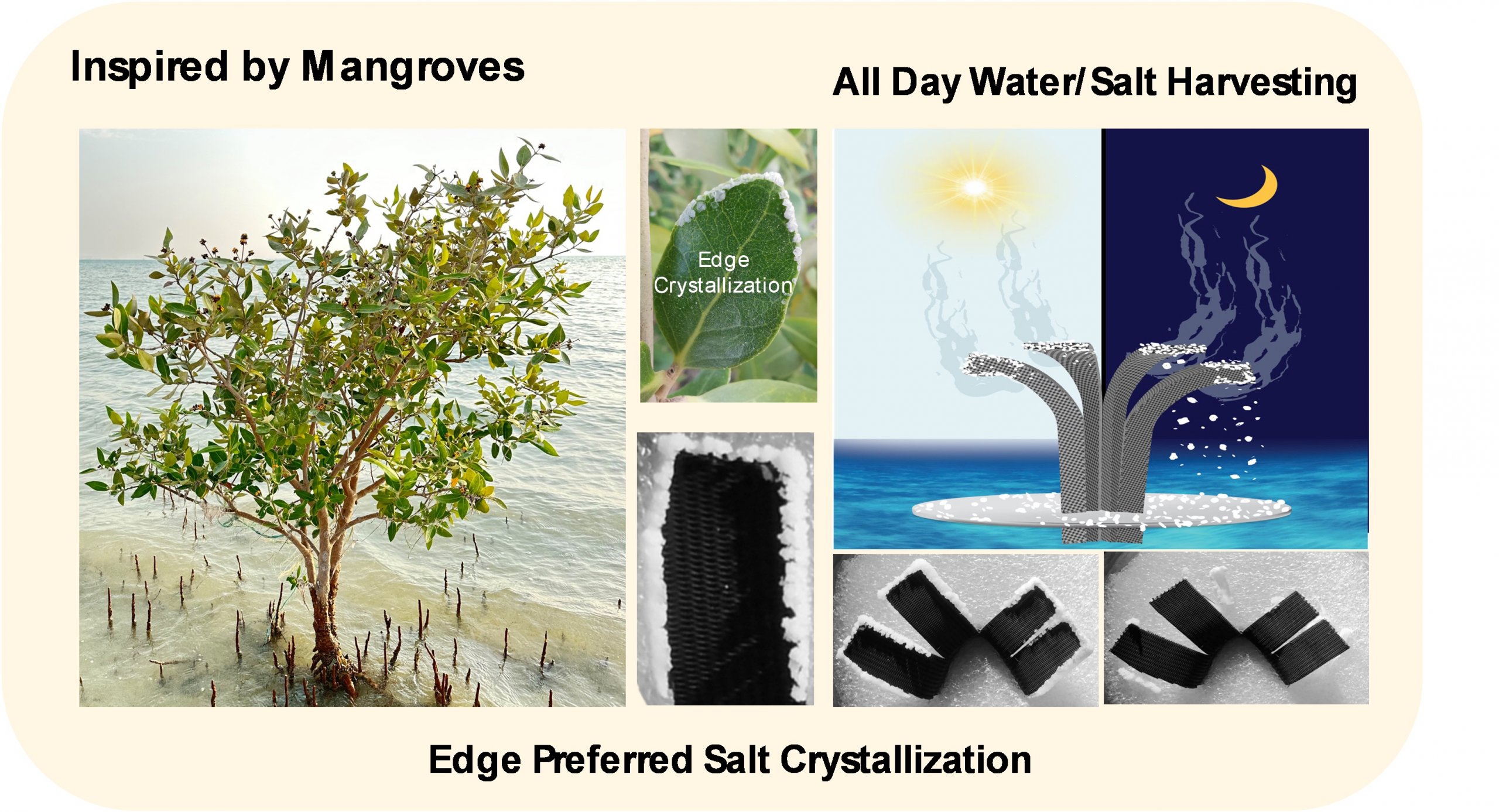
The recent economic crisis has caused a large amount of hardship and turmoil, both at home and abroad. However, at the same time, it has imparted a number of valuable lessons. In its wake governments around the world have been seeking to re-examine and adjust their models and perspectives on growth and prosperity. For the developed world, it is ‘back to the drawing board’ and a time for shared introspection.
However, for developing nations, this point in time presents an opportunity to move ahead in areas traditionally dominated by developed nations. As one of the richest countries in the world, the UAE in particular has, in recent times, been actively seeking to transform its economy. Where currently the focus is on capital and natural resources, the anticipation is that knowledge, technology and innovation will be the future drivers of economic growth. Central to this vision is the realization that the UAE must transition from being a mere consumer of technologies, to a net producer. If the goal of becoming a knowledge economy is to be achieved, educational institutes and industrial entities need to drastically increase the intensity and quality of indigenous research and development (R&D). Even more importantly, it is crucial that these efforts be focused and streamlined via the implementation of well-informed and timely research policies.
But in order to make those key policy and strategy decisions, one needs information. We live in the Information Age so one would assume that is one part of the puzzle that is easily acquired. But in actuality, we suffer from an information overload. Data is being collected and shared all over the world, via universities, independent studies, governments, statisticians, industry, non-governmental organizations and think tanks. Research updates are conveyed through a large variety of channels and tracking these sources of information is a hugely time-consuming and imperfect process. The more mankind seeks to understand the world he lives in, the more data we will have to process to reach that understanding. Even the most knowledgeable experts would find it difficult to follow the rapidly increasing pace of research being conducted worldwide.
At the Masdar Institute of Science and Technology, in close collaboration with partners at the Massachusetts Institute of Technology, our team of scientists has been working on research which directly addresses this critically important need – to ensure data is processed and understood in a more efficient manner.
We realize that human decision making is an inherently subjective process, and even scientists and experts rely on intuition and internalized knowledge to arrive at investment decisions. Once made, it can also be difficult to document the reasons for such decisions, and judgments which were sound a year ago may become irrelevant if the circumstances behind them change sufficiently. A further concern is the difficulty in obtaining the services of highly qualified experts, and the extremely high associated costs. Researchers seeking to maximize their impacts must ensure that their work is of practical value, and is in areas which are likely to increase in importance in the near future. Scientists also need to ensure that their work contributes to the wider development of the subject. In order for researchers and scientists to do this, they need an awareness of the broader research landscape and of industries that are related in non-obvious ways.
These factors strongly motivate the development of automatic tools for processing large amounts of information. These methods are part of a broader class of techniques known as “data mining”, and have been used to analyze data from sources as diverse as human brain signals, satellite imagery and financial information. By leveraging this technology, we have been able to scan very large science and technology databases in search of patterns and trends which allow the growth of science and technology to be monitored, and subsequently predicted. These forecasts can be used to support the formation of well-informed and timely research strategies, which in turn can magnify the impact and value of scientific and technological investments.
The tools that we have been developing address both of these points: firstly, automatically generated “maps” of technology help to provide this big picture perspective, and, secondly, statistical growth indicators have been devised to identify high-growth areas within these maps. The overall effect, we believe, is that scientists are encouraged to work in areas with the potential for the greatest impact, and
not just in areas which are personally interesting. In specific, one of our projects has been focusing on developing techniques for detecting technologies that are in the early growth phase while also improving the reliability of technology forecasting by using automatically generated keyword classifications, allowing the growth potentials of secondary technologies to be calculated into the overall potential of larger technology categories.
So, the big question: Does it work? Currently, the software that we have developed is under intensive development and is not yet suitable for use by non-technical users. However, based on our analysis, we have already been able to elucidate broad trends within fields of research, and indications are that the insights gained will be very helpful
to researchers and technologists.
Given the specific mission of the Masdar Initiative, initial efforts have focused on the field of renewable energy. Here, perhaps unsurprisingly, our data indicates that solar energy continues to be an extremely important area of research – though it is a fairly mature domain with a very large number of subordinate technologies. Accordingly, research is now looking to fine-tune and maximize productivity as it moves into more mainstream commercial industry. Another finding is that biomass is a key topic for further development. In contrast to solar energy, this technology is in the earlier stages of its developmental cycle; one the one hand, it is richer in terms of potential for innovation and discovery, while on the other hand, immediate large commercial profits are less likely.
In the end, we cannot and should not ever replace human judgment or intuition. But we can make the data assessing process easier and more effective. Tools like the one we are developing support the more subjective elements of the decision-making process and help reduce uncertainties that might arise as a result. In this way, the tools and advances of the Information Age can help to accelerate progress in all areas of research and development, and perhaps even to help solve some of the most pressing problems faced by our generation.
Dr. Wei Lee Woon is assistant professor in the Masdar Institute of Science and Technology Computing and Information Science Program.






